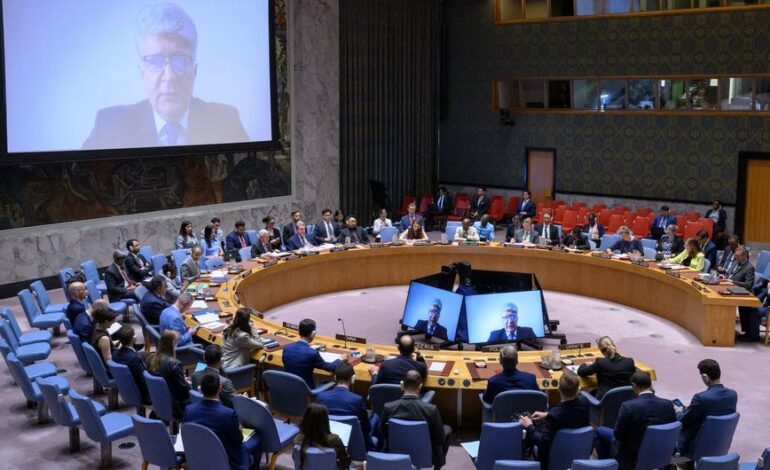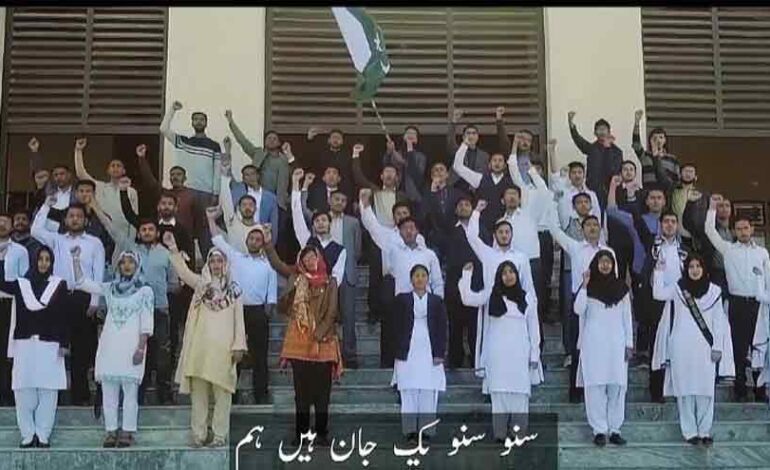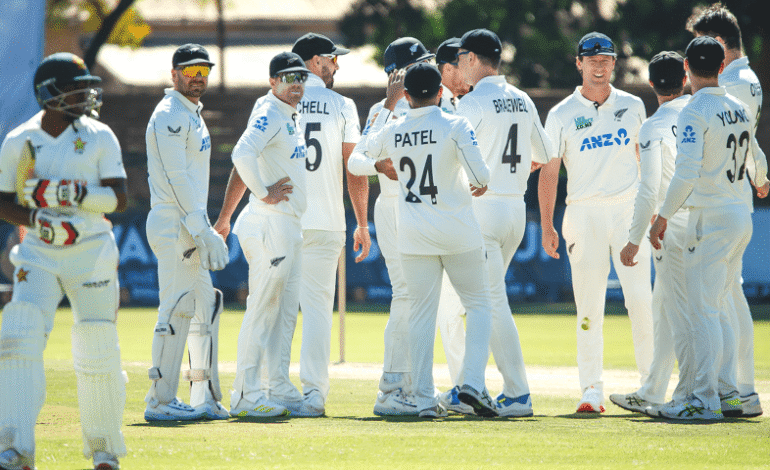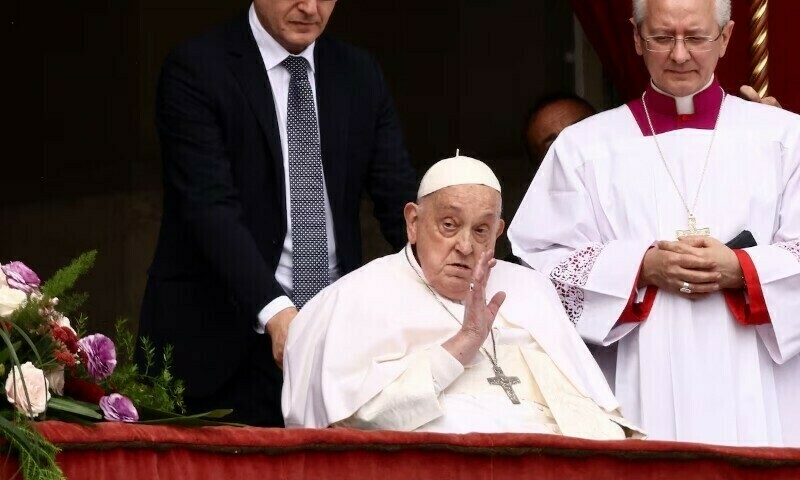Briefing ambassadors in the Security Council, Miroslav Jenča, Assistant Secretary-General for Europe in the Department of Political and Peacebuilding Affairs (DPPA), renewed the call for an immediate ceasefire and a return to diplomacy to end the devastation.
“Ukrainian people have endured nearly three-and-a-half years of unimaginable horrors, death, devastation and destruction. They urgently need relief from this nightmare,” he said.
He stressed that diplomacy, not fighting, needs to escalate in the coming days and weeks.
“Diplomacy that leads to real, tangible, verifiable and lasting results that would be felt by the long-suffering people on the ground,” he added, reiterating that the UN remains ready to support all efforts toward a just, lasting peace in line with the UN Charter and international law.ASG Jenča briefs the Security Council.
Brutal attacks continue
Mr. Jenča described the “brutal” scale of the latest attacks.
Overnight between 30 and 31 July, a large-scale Russian aerial assault on Kyiv killed at least 31 people – including five children – and injured 159 others, 16 of them children. It marked the highest number of child injuries in a single night in the capital since the invasion began in February 2022.
The strikes damaged 27 locations across four districts of Kyiv, including a school, a preschool, a paediatric hospital wing, and a university building.
“An entire section of an apartment block was also reportedly destroyed, leaving many trapped beneath the burning rubble,” said Mr. Jenča.
Humanitarian workers, including UN agencies and local partners, responded swiftly, delivering shelter kits, emergency psychosocial support and legal counselling to affected families.
Strikes beyond Kyiv
Beyond Kyiv, attacks were reported across at least seven regions – Vinnytsia, Donetsk, Dnipropetrovsk, Zhytomyr, Zaporizhzhia, Cherkasy and Chernihiv – with a total of at least 120 civilian casualties in a single night.
In Donetsk, two people were reportedly killed and 10 injured; in Kharkiv, one person was killed and seven injured. Additional casualties were confirmed in Sumy, Kherson and Zaporizhzhia.
In Kamianske, a hospital attack left three dead – including a pregnant woman – and 22 injured, many of them medical staff. In Novoplatonivka, Kharkiv region, six were killed while waiting for humanitarian aid.
“These continuing horrendous attacks are simply unacceptable,” said Mr. Jenča.
The UN human rights office, OHCHR, reports that since the start of the full-scale invasion thorugh June this year, more than 13,580 civilians – including 716 children – have been killed, and over 34,000 injured.
Casualties inside Russia
Mr. Jenča also noted civilian casualties inside Russia.
Between 25 and 29 July, Russian authorities reported attacks in Belgorod, Bryansk, Kursk, Leningrad and Rostov regions, resulting in at least six deaths and multiple injuries.
While the UN cannot verify these reports, Mr. Jenča expressed concern and reiterated that “attacks on civilians and civilian infrastructure are prohibited under international law and must stop immediately – wherever they occur.”
Abuses against POWs
He also detailed new allegations of abuse against Ukrainian prisoners of war (POWs).
According to OHCHR interviews with nearly 140 recently released male POWs, “nearly all…reported having been subjected to torture or ill-treatment,” including beatings, electric shocks, and suffocation.
OHCHR also documented credible reports of 106 executions of Ukrainian soldiers in Russian custody.







